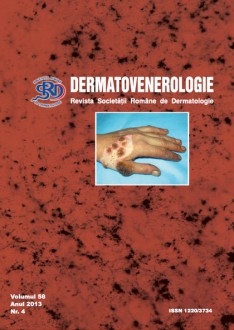Patients tend to be nonadherent to treatment regimens across all diseases and classes of therapy, and it is known that nonadherence to drug therapy is responsible for many hospital admissions. Nonadherence also has major negative effects on treatment outcomes across a wide range of diseases. Patient-related factors such as age, ethnicity, literacy (including health literacy), personal beliefs and socioeconomic status have been shown to influence adherence to oral and topical therapy alike.
Medication-related factors, like regimen complexity and duration of treatment, also have an impact on adherence.
Variables that significantly influence adherence to topical therapy have similar effects on adherence to oral drugs.
Both educational and psychological interventions along with simplification of dosing regimens can vastly improve adherence in patients receiving both topical and oral therapy.
There is very little knowledge on the effects of dosing regimens on adherence to topical dermatological therapy.
The emergence of new drugs that allow once-daily or single-dose drug application will, however, permit evaluation of different topical treatment regimens on adherence and treatment outcomes in patients with dermatological disease.
General reviews
ADHERENCE TO DERMATOLOGICAL TREATMENT


